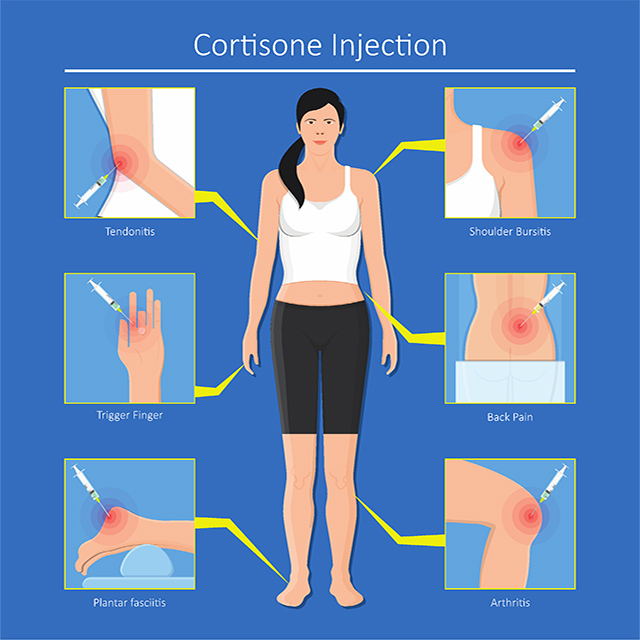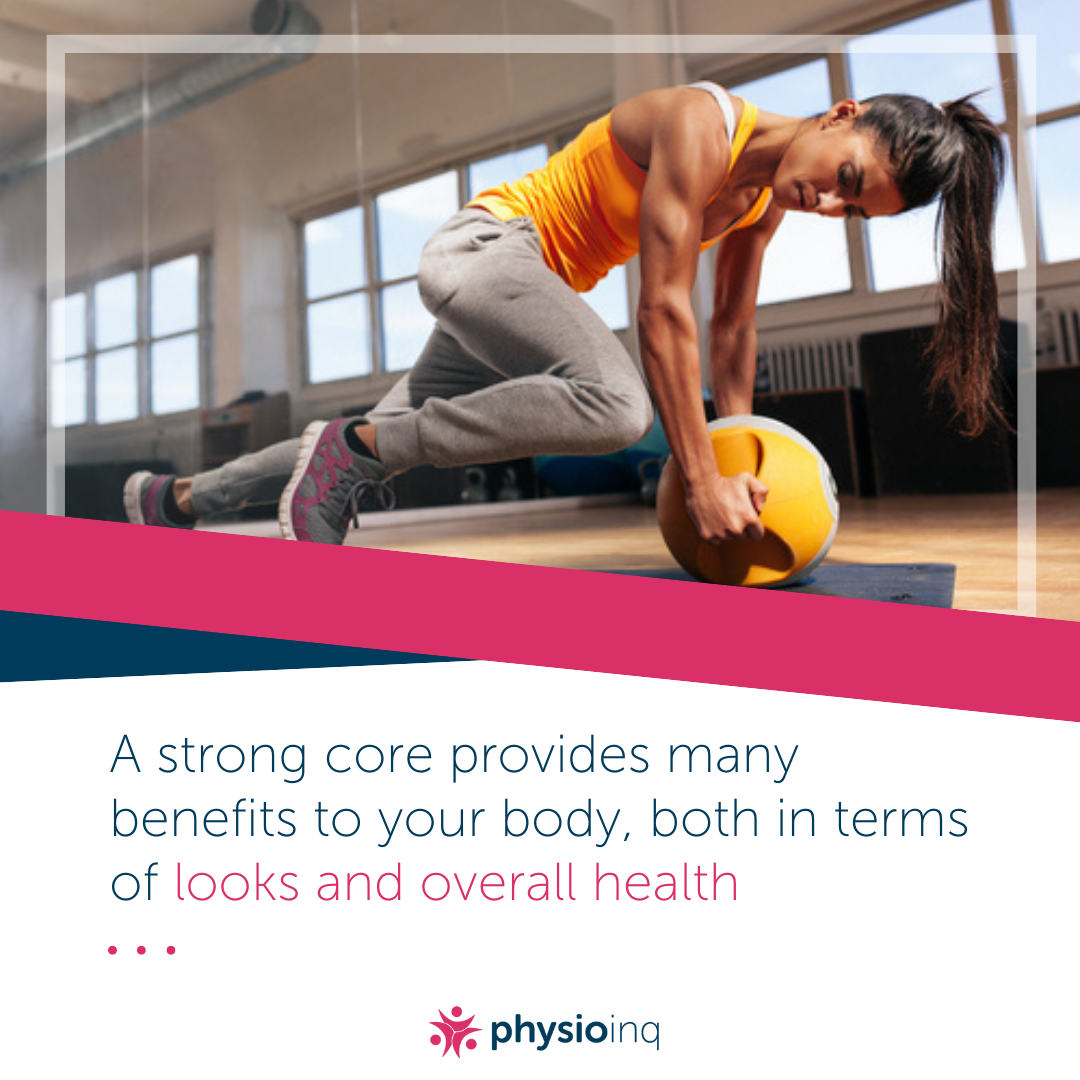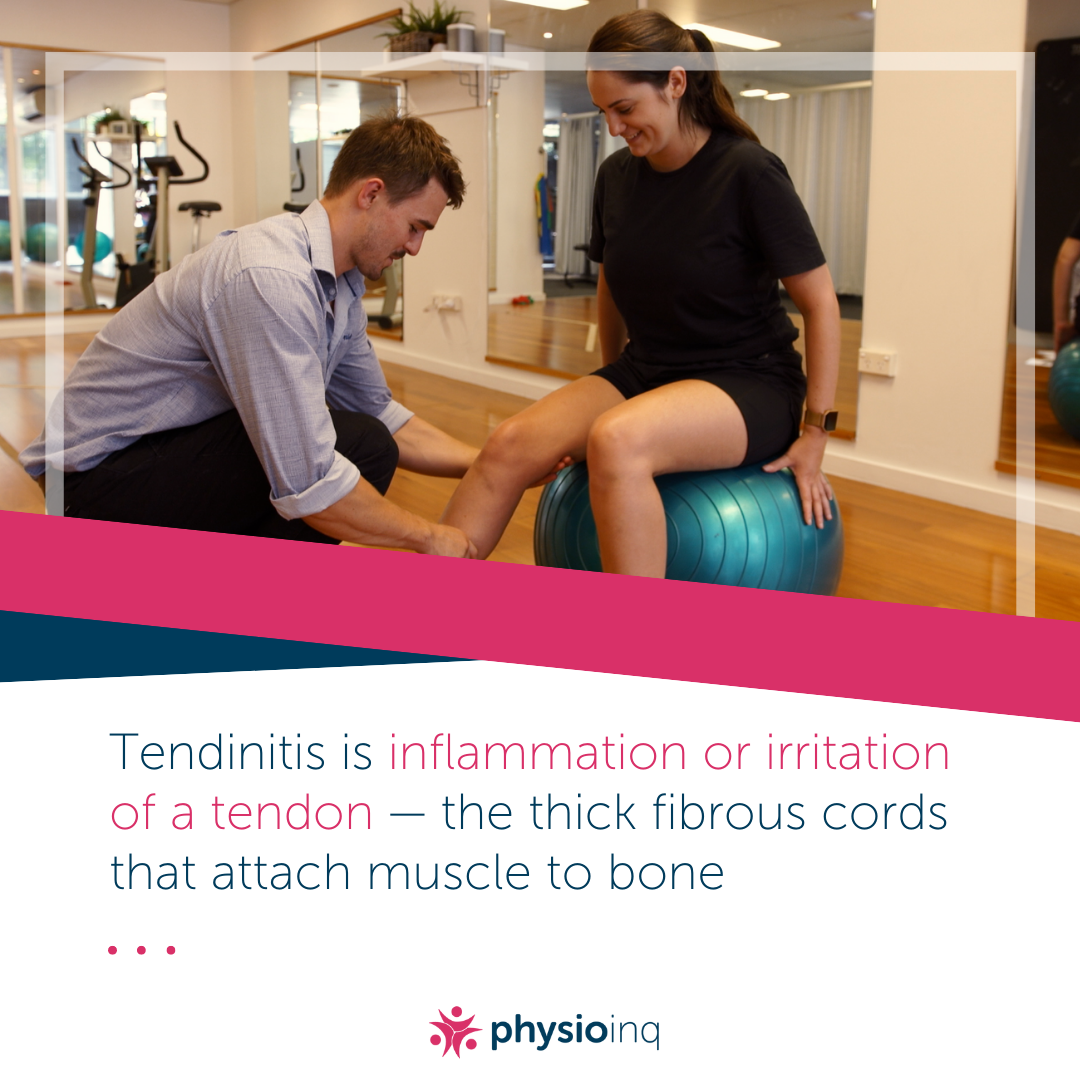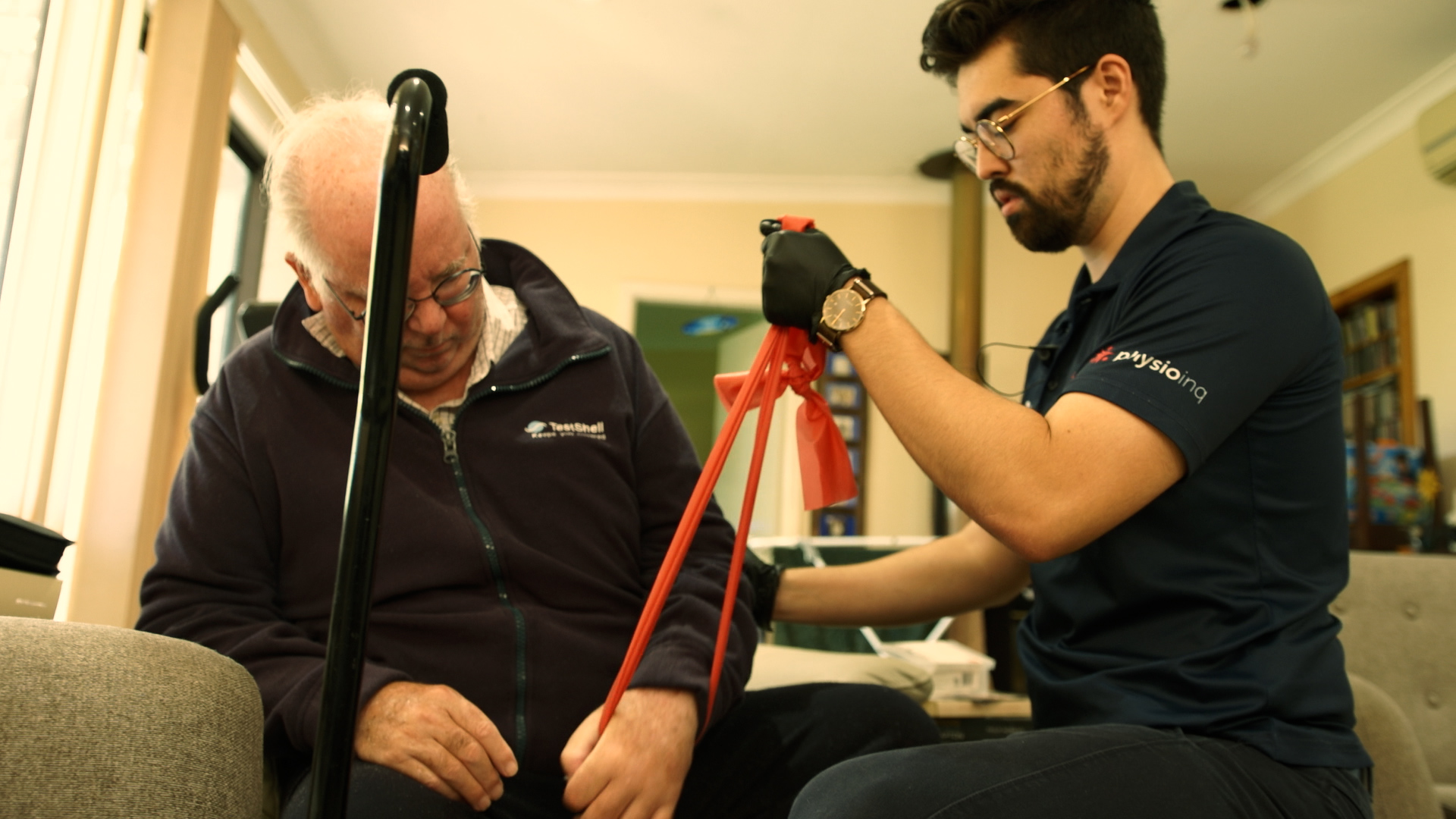Make an Appointment
Whether you know them as corticosteroid injections or cortisone shots, these anti-inflammatory miracles are used by physios and medical professionals all around the world to help with many kinds of pain.
So, the two things you should definitely know about corticosteroid injections are their benefits and their side effects. Here, we’re going over both of these topics and more.
What are corticosteroids?
Corticosteroids are a man-made version of the cortisone hormones that are normally produced by the adrenal glands (two small glands that sit on top of the kidneys). Often, the terms corticosteroid shots and cortisone shots are used interchangeably but they indeed refer to the same injection.
These shots are anti-inflammatory medication used to treat a wide variety of conditions. Corticosteroids can be taken orally, inhaled, applied to the skin, intravenously injected, or injected directly into the tissue.
Some people wrongly associate corticosteroids with pain-relievers. They are not doing anything to directly reduce pain. They are simply anti-inflammatories. By reducing inflammation, though, many people find intense pain relief from whatever is ailing them since it allows the body to heal itself more easily.
Benefits of Corticosteroid Injections
The effects of this powerful anti-inflammatory can last for weeks and even years which is why some people confuse it with a pain-relief “cure.” Sometimes the inflammation will recur but often, the body is able to repair itself for good with the help of these corticosteroid injections.
Reasons you might want a cortisone shot include:
- Inflammation of the hip, knee, shoulder, or elbow
- Tendinitis
- Bursitis
- Osteoarthritis
- Plantar fascitis
- Alopecia
- Back pain, sciatica, and acute spinal pain, particularly when it refers down an arm or leg
- Rheumatoid arthritis
- Asthma
- Widespread inflammation

Overall, the main benefit of corticosteroid injections is the rapid relief they offer. Unlike many anti-inflammatories that are applied to the skin or taken orally, a cortisone shot can help reduce the pain and discomfort almost immediately.
These shots are dependable, highly successful, quick, and present minimal side effects.
Side Effects of Cortisone Injection
As with anything, there are a few side effects of cortisone shots. Although they are rare, some side effects include:
- Infection
- Thinning of nearby bone
- Joint irritation
- Nerve damage
Although there are side effects associated with cortisone shots, they also help to avoid some other side effects of using other kinds of anti-inflammatory medication. For example, you completely avoid any stomach issue a pill-version of an anti-inflammatory might cause by opting for injection instead.
However, if you’re not a fan of needles, this could be a major disadvantage of corticosteroid injections. Unfortunately, the only way to get a cortisone shot is by piercing the skin with a needle. You shouldn’t feel much more than a pinch and, in most cases, the trade-off makes the shot a no-brainer.
But, if you get easily queasy at the sight of needles, it’s best to prepare yourself beforehand and take the necessary precautions during your physio appointment.
Can I receive a cortisone shot?
Generally, most people won’t have any issues receiving corticosteroid injections, but you must speak to your doctor and ask for a recommendation if you:
- Have had a steroid injection in the last few weeks
- Have had three injections in the last year
- Have had an allergic reaction to steroids in the past
- Have an infection
- You are pregnant, breastfeeding or trying for a baby
- Have any other conditions such as diabetes, epilepsy, high blood pressure, or problems with your heart, liver or kidneys
- Are taking other medicines, such as ‘blood thinners’
If any of these apply to you, you’re at a higher risk of experiencing the negative side effects of cortisone shots.
How long will the effects of the cortisone injection last?
Typically, the benefits of a single cortisone injection can last up to two months. But it varies from person to person. Factors such as the extent of the inflammation and overall patient health can determine how long a steroid shot will last.
It is said that you should not have more than one injection every three months as too many injections increase the risk of side effects, such as avascular necrosis, which is the lack of blood flow to a part of the bone that causes it to collapse.
As previously mentioned, some people only need one corticosteroid shot and see results that effectively “cure” their issue for years. So, it’s important to talk to your physio about your history with cortisone shots to make sure you’re not overdoing it. After all, a repeat injection might not even be necessary.
Should I continue to see a physiotherapist whilst I await my injection, or after I’ve had the shot?
You should absolutely continue seeing your physio before and after a corticosteroid injection. Here’s why.
Although corticosteroid injections are great at settling inflammation, it does not address the cause of the inflammation. The corticosteroid injection may provide a means by which you can begin or continue a successful rehabilitation program which can lead to lasting healing, but the healing definitely needs to continue.
For instance, if you’re struggling with tendinitis in your Achilles, the cortisone shot will reduce the inflammation and make the area far less painful. Then, you’ll be on the road to faster recovery since you can work with your physio on rehabilitation exercises more efficiently since you’re no longer suffering through as much pain.
An effective rehabilitation plan should be discussed with your physiotherapist so ask us about whether or not a corticosteroid injection is right for you and we’d be happy to point you in the right direction.
Contact us today to book an appointment with one of our experts. With mobile services and in-clinic sessions, we make things super convenient. Let’s get you started on the road to becoming pain-free.
Date Published: Wednesday, March 11, 2020
Locate a Mobile Physiotherapy
Service Near me
Get the experience & convinence you deserve to support your or a loved one's allied health needs.
Our Mobile Physiotherapy team are currently serving & taking appointments in the following states and regions in Australia:
Need to get into direct contact with ur Client Services team? We're all ears. Call our team directly on 1300 731 733



























